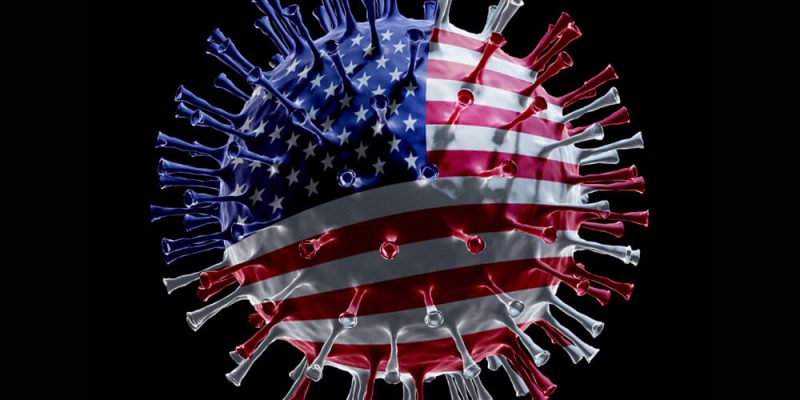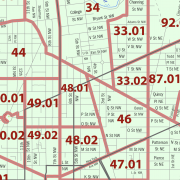All over the world, countries are facing the daunting challenge of mitigating the COVID-19 outbreak, with the United States leading the world in the number of confirmed cases. Infections are all around us, with the most severe cases resulting in death, and we’re forced to maintain distance from each other. Even in this crisis, the EB-5 program continues.
However, it is not without changes. United States Citizenship and Immigration Services (USCIS) offices are no longer open to the public, having been closed on March 18, 2020, but the Immigrant Investor Program Office (IPO) is still pushing forward with various EB-5 petitions. Forms I-526, I-829, I-924, and I-485 all continue to be adjudicated throughout these difficult times, with I-526 petitions even being processed a bit faster than usual. More than likely, the coronavirus-induced restrictions have prevented the IPO from performing other duties, freeing up more time for adjudications.
Visa Appointments Delayed
Although I-526 adjudication times may be slightly up, overall, COVID-19 has made the EB-5 process longer. USCIS’s broad cancelation of all visa appointments means that EB-5 investors will need to wait until the economy is open again before they can apply for their EB-5 visa. As of April 8, USCIS office closures are set to continue through to May 3, but investors should expect further delays. USCIS may also send out rescheduling notices to applicants with visa appointments or biometric appointments.
A Temporary Switch to Electronic Signatures
The era of COVID-19 calls for digital solutions, which is why USCIS has opted to accept electronic signatures for documents that require “wet” signatures until the pandemic is over. The pandemic does not spell the end of USCIS’s security measures, however, so EB-5 investors are instructed to maintain original copies of the documents in case USCIS requests them. If you don’t provide USCIS with the documents it requests, expect to have your petition denied.
Extra Time for RFE and NOID Responses
Lockdown and mitigation measures differ from country to country, but it’s safe to say that gathering EB-5 documents amidst the COVID-19 crisis is likely difficult for anyone. In recognition of the challenges COVID-19 presents, UCSIS has extended the deadline for EB-5 investors to respond to Requests for Evidence (RFEs) and Notices of Intent to Deny (NOIDs). The deadline to respond to any RFE or NOID issued between March 1 and May 1, 2020, has been extended by 60 days from the date indicated on the notice. No punitive actions will be taken against investors who respond within this extra 60-day timeframe.
Visa Operations Suspended at Consulates and Embassies
Since March 20, 2020, U.S. consulates and embassies all over the globe have ceased routine visa services as the COVID-19 pandemic rages on. They will still respond to emergency situations, but EB-5 investors are ineligible to apply for their U.S. green card until the consulates and embassies resume regular operations. This is not bad news for all investors, however—the IPO is continuing to work hard on the adjudications of I-485 Petition to Adjust Status forms. This could mean that EB-5 investors already living in the United States may receive their conditional permanent resident status faster than expected.
False Rumors About EB-5 Program Changes
According to a recent rumor, Trump is considering increasing the number of EB-5 visas and lowering the investment amount to make the program more attractive to foreign investors in the throngs of the coronavirus pandemic. However, Senator Lindsey Graham, who is credited with the move, has repeatedly denied the rumors, clarifying that he does not intend to use the COVID-19 crisis to promote the EB-5 program. Despite his vehement denial, the rumors continue to circulate and have brought on a fury of negative press for the program.







